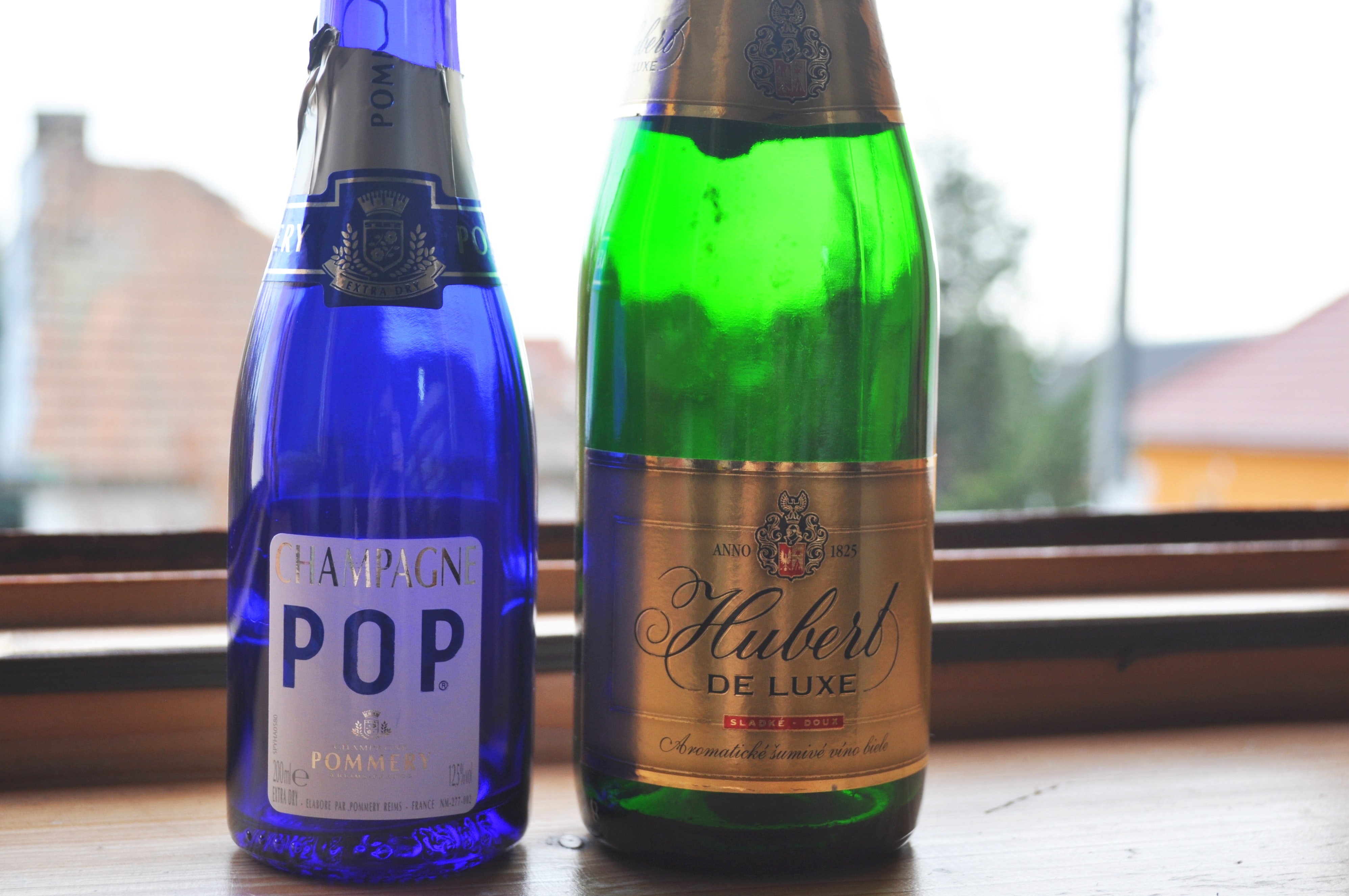Originally published in American City Business Journals
By Gavin Daniels
The alcoholic beverage industry has a history of changing with trends. During prohibition, when alcohol was outlawed in the United States, Yuengling made ice cream and brewers Schlitz, Miller and Pabst made malt extract. Now, nearly a century later, brewers and distillers are getting sober again in response to evolving consumer preferences.
As is the case with most consumer products and services these days, it is all about the Millennials and how to maintain or grow their ever-changing “share of wallet.”
Despite a trend towards leading healthier lifestyles, Millennials consume disproportionately more alcohol than their Baby Boomer and Generation X counterparts. According to Nielsen and the Wine Market Council, Millennials, representing one-quarter of legal drinkers, account for 35 percent, 32 percent and 42 percent of domestic beer, spirits and wine consumption, respectively. The key difference is this demographic is consuming lower quantities of value-oriented light beer and box wine in favor of craft beer, craft spirits and premium-to-super-premium wine. Similar to their food, Millennials spend more time than their parents evaluating the ingredients, nutrition facts, and source of origin of their beer, wine, spirits, coffee, tea, juice and kombucha.
While the leading global beverage companies have been addressing these better-for-you trends for the better part of two decades through acquisitions, several leading brewers and distillers seem to be taking a holistic approach to gaining a larger share of consumers’ total beverage spend. The ultimate goal for these large players is top-line growth, an elusive metric of late. Categories of interest for these traditionally alcohol-only companies include premium sodas and mixers, energy drinks, cold-brew coffee and kombucha.
Similar to the largest packaged foods companies struggling to grow revenue with their established brands, several of the largest alcoholic beverage players are taking a two-pronged approach: acquisition and corporate-venture investing. They are hungry for faster-growth opportunities because global alcohol sales are declining. According to IWSR, which tracks alcoholic beverage industry data, global sales of alcoholic drinks dropped 1.3 percent in 2016, accelerating the 0.3 percent average downward trend in the previous five years.
Venture investing teams have been established within many large alcoholic beverage companies, such as Diageo, the world’s largest distiller, hoping to find startup companies in rapidly growing subcategories. Diageo last year made its first investment in a non-alcoholic drinks company (after 250 years in the business of booze,) acquiring a minority stake in Britain’s Seedlip. The company makes distilled non-alcoholics spirits and markets itself as, “Solving the dilemma of ‘What to drink when you’re not drinking.’” Similarly, Constellation Brands launched Constellation Ventures in 2015, seeking to make minority investments in complementary brands and technologies.
Gavin Daniels is a principal of MHT Partners, focusing on the consumer growth industry.

